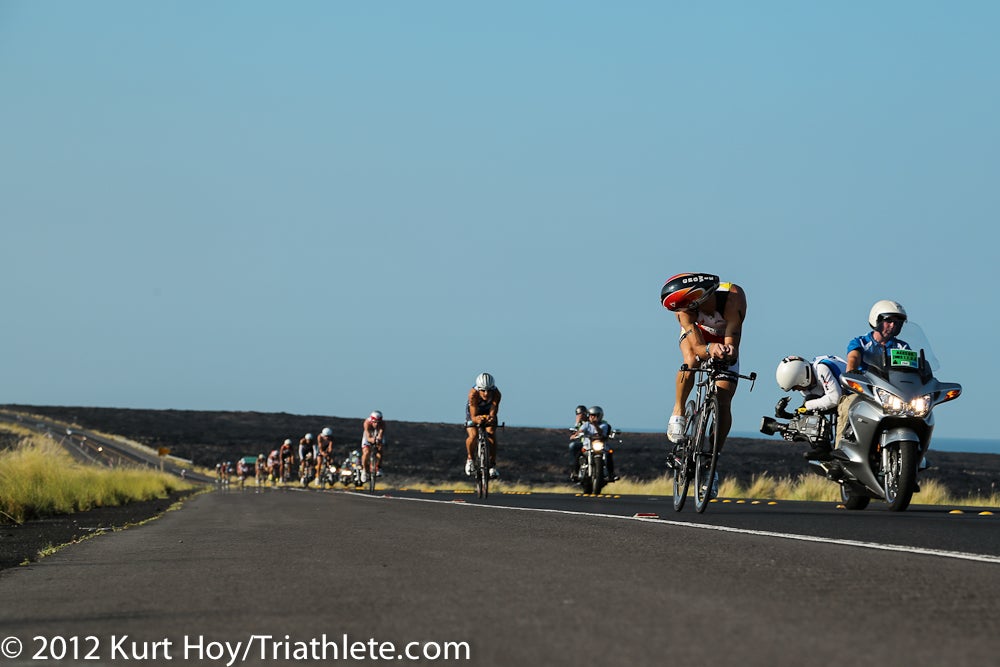Avoid Post-“A Race” Depression

Your big race is behind you. Now what? Photo: Kurt Hoy
Dear coach: how do I avoid post-“A Race” Depression?
This is a complex, common, multifaceted issue. Athletes who are successful in the long-term don’t train linearly. They don’t say, “I start on this date and I’m training for Cozumel” or “I’m training for a one-time effort”—which is how a lot of age-groupers tend to approach goal races. They end up training to train instead of training to perform because they don’t have any truly comparative data from previous cycles. The objective is to approach your training as a cycle, as opposed to being fixated on a single event.
When I have athletes going to the Olympics or to the world championships, I make sure some part of their mind has already considered the next race as part of the overall plan. Part of their thinking needs to be, “This is just a step. It might be the Olympics, it might be Kona, but next year there’s Vegas, or St. Croix or Alcatraz.” They’ve got a sense of what the big, overall career picture looks like.
Part of my understanding of this was influenced by Frank Shorter, who said something like, “If I win the Olympic gold medal, that’s not the end. I want to be a husband, I want to be a father, I want to be a lawyer and there’s still the next Olympics and Boston and Chicago, etc.”